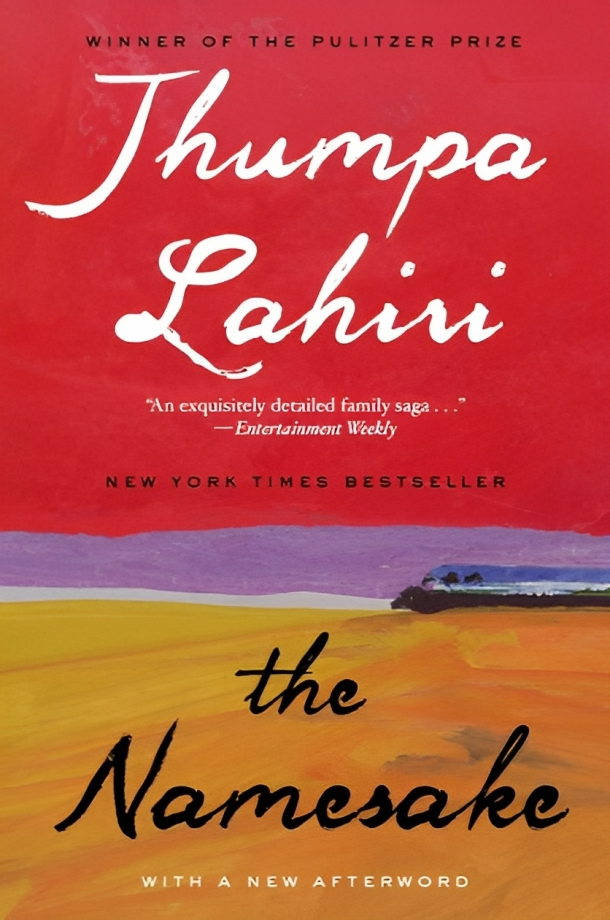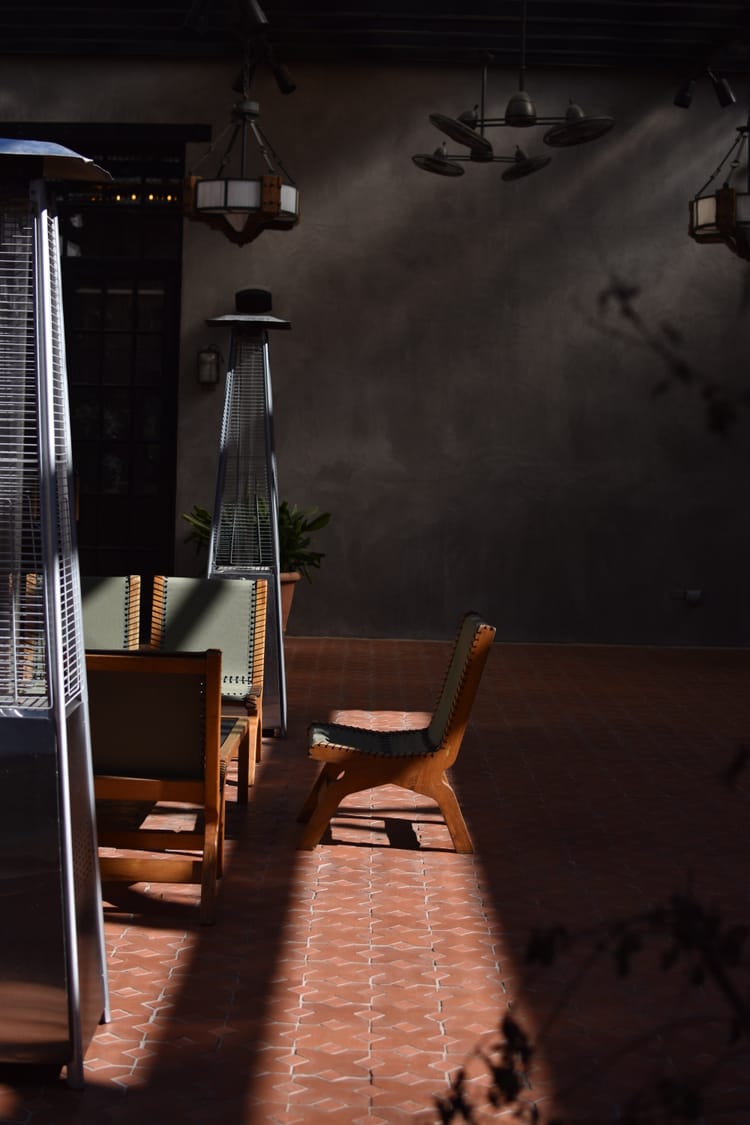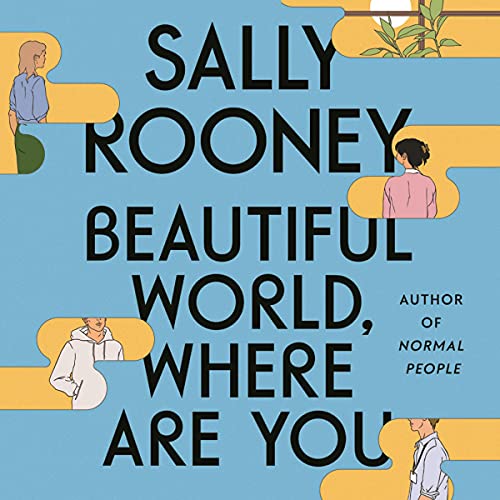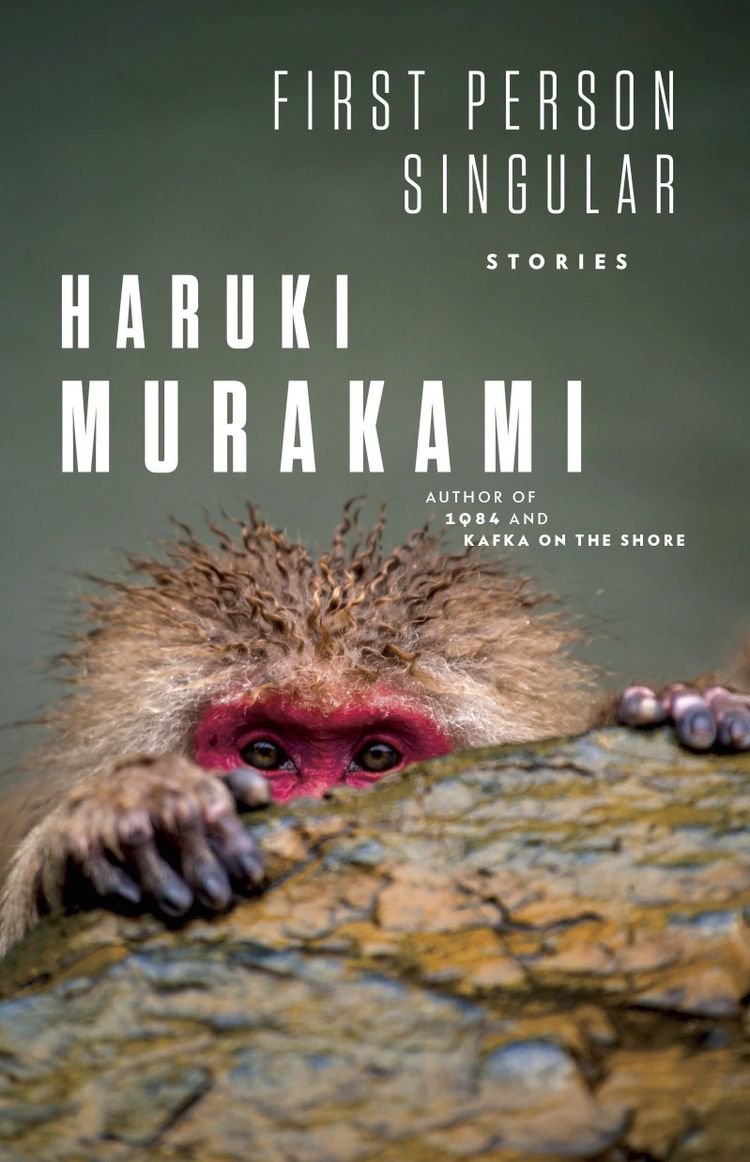What is Identity? (The Namesake)

A year ago, in a review of Sally Rooney’s Beautiful World, Where Are You, I made the claim that contemporary fiction should be enjoyed to expand or confirm one’s own world. "Too much expansion and the readers are left uninterested and disengaged. But with too much validation, the reader isn’t challenged with novel ideas.”
Do I believe this claim to remain true? Since that post, much has changed. I broke my leg then unbroke it, felt at peace, felt alone. My literary side has since been dormant; I’m well short of my annual book goal, but I’m trying to be kind to myself. I try to remember that life is experienced in seasons. Temperatures drop just like hobbies sometimes do but other times seeds sprout, breaking through the soil surface, along with reawakened passions.
I question my previous claim because as I stumble my way back into the literary world, I realize I'm reading for a different reason. One month ago, I decided to reread the Namesake by Jhumpa Lahiri after nearly seven years. The details of the novel had since faded; only the shape, the themes, and the characters, remained visible, albeit hazy, in my mind. Rereading is monumental for me, I rarely reread a book, because there are too many stories and ideas to be sought and so little time. Yet I did. I didn’t read it to expand my world, I did that seven years ago. Maybe I did it to confirm my own, to confirm my search for identity, like the protagonist Gogol Ganguli? No—at least not entirely. I read it for answers.
The Namesake takes the Ganguli family from their tradition-bound life in Calcutta through their fraught transformation into Americans. There is Ashima, a woman who fears losing touch with her culture as she learns to be a wife and a mother while navigating the immigrant experience. There is Ashoke, a graduate student come professor, and Ashima’s husband, who bears the weight of providing for a family and the memories of the catastrophic train accident experienced in his youth. And there’s Gogol, named for a Russian writer, a burden he can’t seem to shake, struggling to find who he is through early adolescence to adulthood.
I returned to the Namesake for Gogol and what his winding and serendipitous life could tell me. For the shape of Lahiri’s work that remained intact over these years resembled my thoughts and emotions, close but never truly mine. It’s this congruity that draws me to Gogol, never fully reflecting me, but familiar—familial, like staring into a warped mirror. And it’s through rereading Gogol’s story, and by virtue, Ashima's and Ashoke’s too, that I ask, what is identity?
If identity is the description of who one is, maybe it can shed light on to who one becomes. Amidst a life full of change (and I’d assume yours is too), I would take great comfort in having some idea where my future path will take me. Like Gogol, I am a son of immigrant parents, graciously given a life of health and security in America but faced to define where my identity lies between the cultural boundaries—if there at all. Although the similarities are shallow, I’d bet that the concerns over identity, often defined by career, love, and purpose, of second-generation young men are shared deeply. And to me, that’s enough of a reason to peer into Gogol’s life, like a crystal ball of my own to get a glimpse of our identities through time.
Is identity a place? It is for Ashima, who despite residing in Massachusetts finds her heart in Calcutta. Is it a person? Gogol who together with Maxine is molded by her family’s sophisticated palates and summer getaways. Is it a name? There is Gogol and Nikhil, and Ashima and Monu, and Ashoke and Mithu, each becoming characters unique to their good names and pet names.
As I grew with the Ganguli family, I learned that identities are neither fixed nor univariate. Identities are timepoints in our lives, functions of where we are, who we are with, and how we feel. Despite being terrified to raise a child away from her home, even Ashima’s identity was reshaped in time. After years of independent life in America, Ashima realizes “she will miss the country in which she had grown to know and love her husband.” The Ashima who combined Rice Krispies and Planters peanuts and chopped red onion to mimic jahal muri is distinctly different than the the Ashima we end the novel with. The same goes for the Gogol with Maxine and the Gogol wedded with Moushumi. Molded with time like clay work, their identities are their personal qualities retaining the past, interacting with the present, and projecting into the future. Nothing was lost within themselves between the different timepoints, their identities were simply reworked, reshaped.
We know this to be true when we flip through photo albums or forgotten writings. At some time and some place, the person on the other end of our inspection was the most developed and recent version of “us”. Candid smiles reveal a brief moment, or perhaps many, of serenity, where neither the past nor the present bear any weight or meaning. Unsteady pen strokes reflect future worries and vacillations that were once all-encompassing, but now, an afterthought. The person that was once wholly us is now distant, eerily unfamiliar.
Lahiri tells us that is reason to celebrate. The unfamiliarity that fissures between identities is a sign of growth. In the revised Afterword, Lahiri reflects on the Namesake several decades after its release saying, “thumbing through the pages, as my eyes fell on random sentences, I no longer recognize myself, while at the same time recognizing, also remembering, how I had been, how I saw the world, how I described and interpreted it back then.”
I don’t think I’m the first fear those fissures. I’ll admit, asking what is identity is just a precursor to asking who am I? Even now, at twenty-three (and fittingly, writing the twenty third blog post!), remnants of the past trigger the same unfamiliarity that Lahiri describes. A year ago, starting a new life in Texas seemed unsurmountable, and although it sometimes still does, those days come fewer. Two years ago, I felt the knot of managing post graduated life without those I grew with, those I loved. Just like what Evan Puschak says in his essay On Friendship, “I know that “I” am only part of “me,”, and that the rest is comprised of others, my family, my friends.”
I think the fear I feel with becoming unrecognizable to myself stems from trying to exactly define my own identity. If identity is fluid in time, never fixed and never the same, how can I expect words to tie it down? I fear to be unrecognizable because that moment marks a "me" that I, perhaps, knew, but whos description can't be carried over to now. How can I ever say I know myself if I never stop changing? Maybe the answer is, “you won’t”, because there is no exactness to identity, and trying to find it is a lifetime endeavor. But maybe the better answer is, “you won't and that’s okay”. Because for Gogol, the events in his life “formed [him], shaped him, determined who he is. They were things for which it was impossible to prepare but which one spent a lifetime looking back at, trying to accept, interpret, comprehend. Things that should never have happened, that seemed out of place and wrong, these were what prevailed, what endured, in the end.”
I revise my claim and now say contemporary fiction should be enjoyed to expand one’s world, confirm one’s own world, or thirdly, to search for answers. We may search for answers but there’s no promise that one will be found. I reread the Namesake and asked what identity is, and left without answers, but certainly not empty handed. Maybe in a year, I’ll revise this claim again, who knows? I certainly don’t. What I do know is that a year from now change will happen and I’ll be a newer me. A newer me that will likely still ask the same questions but through different events, and like Gogol, spend my lifetime looking back at them.
- Jhumpa Lahiri
Thanks for reading! If you liked it, please share it with a friend! If you didn't, I'm sorry. :(
Please leave a comment if you would like, I'd love to keep the discussion going. Or email me (openthoughtblog@gmail.com) and let me know how I did or if you have any critiques, comments, or recommendations. If you liked this or any other post, please consider subscribing. :)





Member discussion